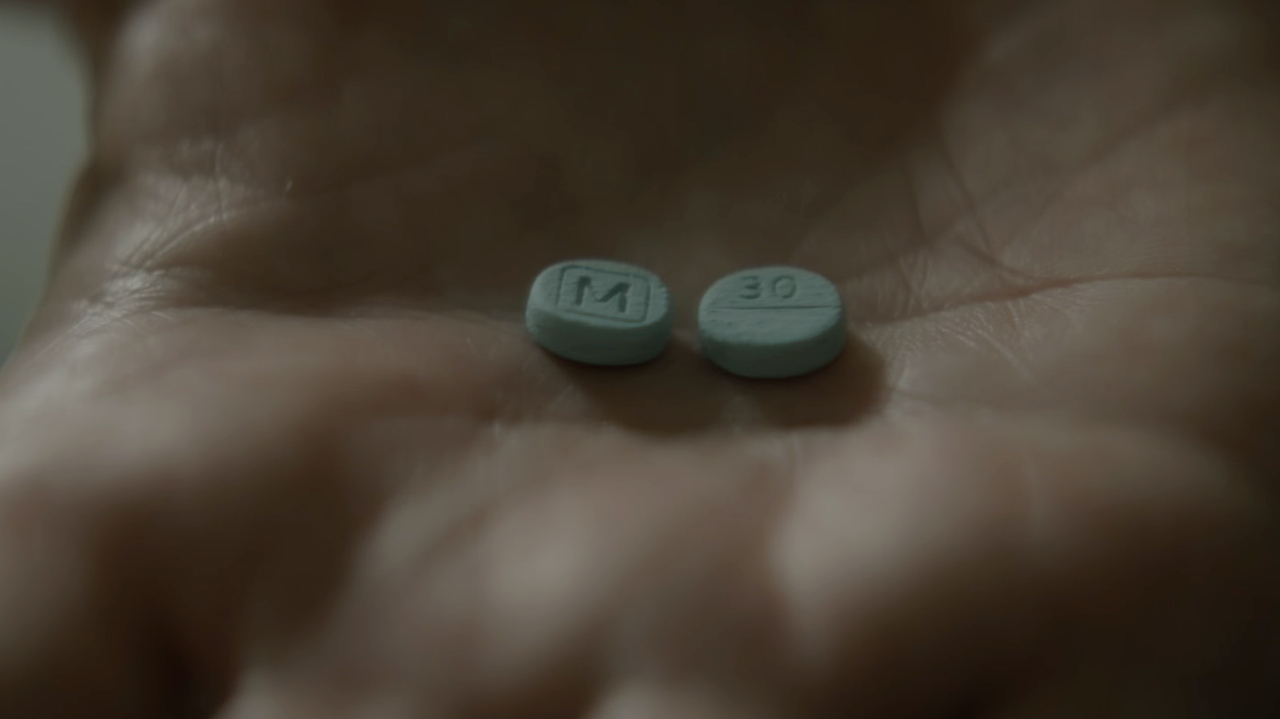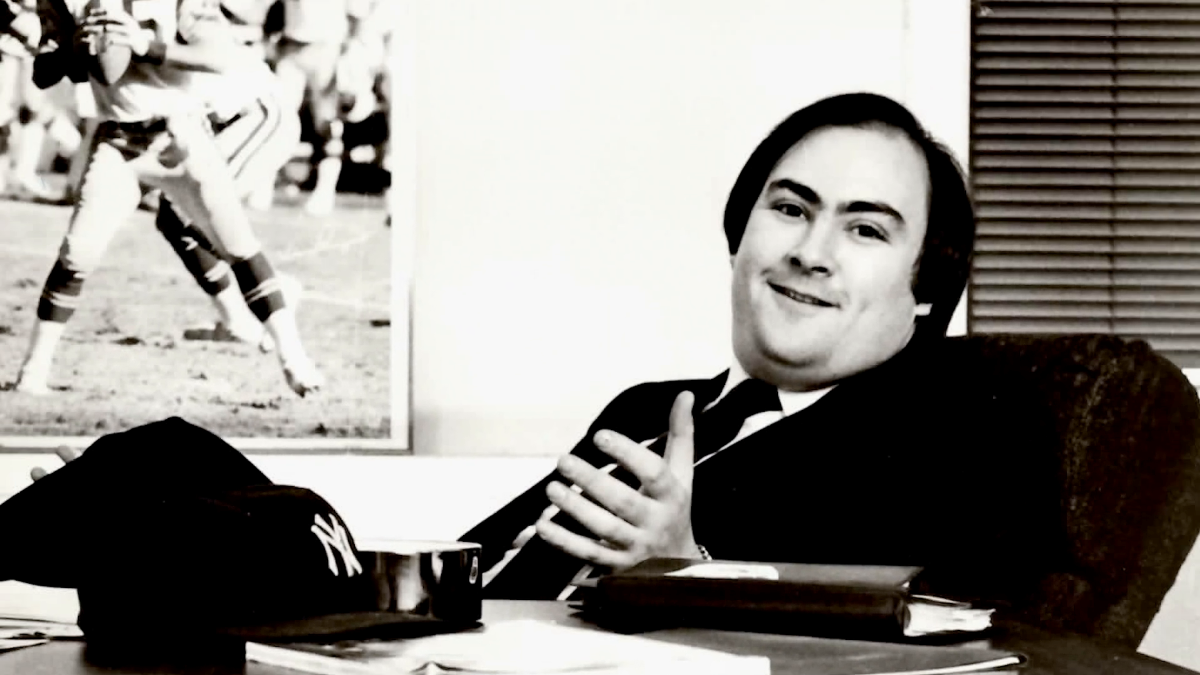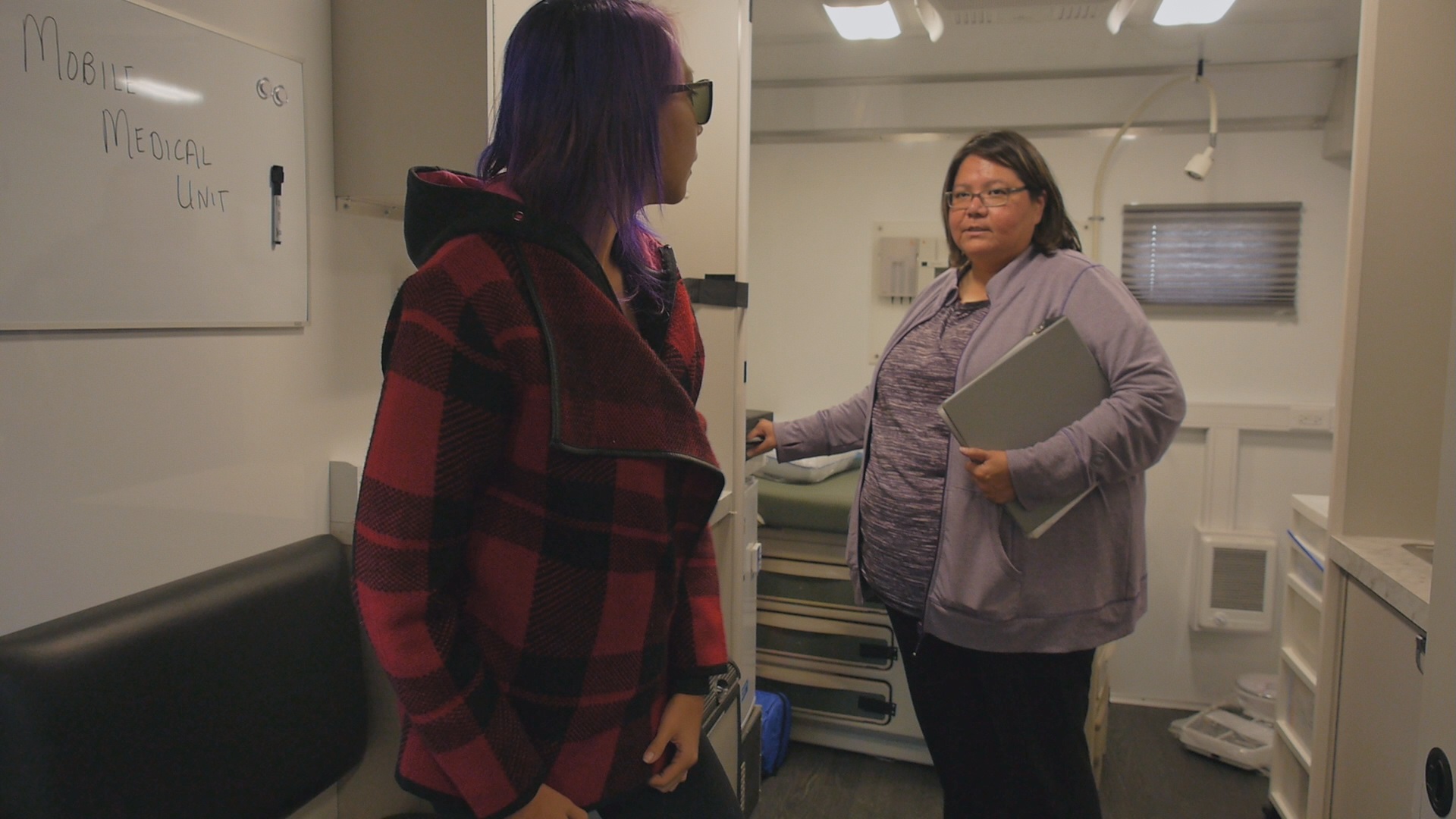American Pain
(USA, 106 min.)
Dir. Darren Foster
American Pain is the name of a company, but it’s also a description for what the opioid epidemic has wrought over the last few decades. The story of the avarice, incompetence, and systematic criminality that has fueled these circumstances has been told both with sensationalist spin and with dry journalistic integrity. However, it has rarely been so acutely narrowed to one specific, sociopathic group of individuals and how they helped spread the fire far and wide.
Foster, whose feature Science Fair followed familiar tropes to create a pleasing yet forgettable feel-good doc, at first takes a similarly straightforward tack on this “true crime” tale. His central subjects are Chris and Jeff George, twins from south Florida who parlayed what started as an illegal steroid import business into a multi-million dollar mechanism for the distribution of pharmaceutical pills.
Step by step, Foster tells the story of the brothers, with probing and somethings astonishingly forthright interviews from the key players in the events that unfolded. The benefit of some temporal distance results in a level of contemplation for some, doubling down for others, making for a far more nuanced and effective film than something rushed out earlier in the epidemic would have had to navigate.
The film feels at once a thrilling bit of capitalistic pyromania, akin to Scorsese’s Wolf of Wall Street, trading a subject of ephemeral monetary devices with prescribed drugs. Both instances offer complex tales about using the rules of institutions against themselves. Far more than exploiting loopholes, this demonstrates the absolute dangers where a lack of oversight and accountability can result not only in an a plague of addictive products being brought to market, but also the real world deadly consequences for people drawn to the promise of easy access to purportedly “controlled” substances.
On the one hand, the story of the George brothers is like a grand Western, a bunch of douchebag bro outlaws stuffing garbage bags full of cash collected from hundreds of addicts. However, Foster excellently weaves together stories of other players, from the parents who facilitated the felonies of their children, to ex-DEA regulators who made sure all the relevant documentation was there to sate the wholesalers and to keep the product flowing. We’ve grown used to seeing the cleverness and conniving nature of Colombian or Mexican cartels—and the social circumstances that surround them—in both documentary and fiction, making it all the more wild to see that the suppliers for this particular ring are the likes of Walgreens and other major pharma distributors.
It’s a testament to the wildness of the story that it assumes an undercurrent of white supremacy and fetishization of Nazi iconography from the George brothers. Moreover, combine it with their lifestyle of strippers, giant trucks and outrageous partying, it feels like a small aside in the grand scheme of their greed. One could easily envision a fictionalized account of the twins’ story, as it’s hard not to feel a vicarious thrill through the guile that they employed and the indulgences that they maximized. As The Social Network portrayed the Winklevoss twins as the wealthy sons of the yacht club crowd, it’s not such a stretch to see the felonious George brothers as another expression of obscene privilege, birthed into a system whereby even their failures somehow manage to garner financial gain.
There’s a regular, risible meme about “Florida man,” some hapless individual in that most silly of states who got into some trouble or other. In some ways, the story of the George brothers, and the side-industry they helped build, is the most Floridian of tales. There are hanging questions about why it took so long to change laws, why other states had mass migration of individuals down to this area travelling hundreds of miles to score their fix. Clearly, this situation goes beyond the exploits of a small group of individuals, and as is often the case in this state, the full story is even more dark and disturbing. We’re only granted hints of the magnitude of the corruption, incompetence, and deceit ay play in a system that benefits those who best know how to exploit it to the fullest.
American Pain is that rare documentary that’s both highly entertaining and excruciating to contemplate given the way it strips the façade of fairness and justice within a broken system. Even the final comments, on their face obscene in their lack of remorse, speak truths about the fact that it was a system that was built to be exploited, and that the truly egregious top-level administrators, suppliers and other social forces were completely shielded as examples were made of this sordid lot.
American Pain premiered at the 2022 Tribeca Film Festival.














